2°: Paris Negotiations for an Urgent Halt to Global Warming
2016
Apr 27th
At Youth Leaders/Civic Education Center in Zamalek
For the first time in over 20 years of UN negotiations, the United Nations Framework Convention on Climate Change (UNFCCC), Conference of the Parties (COP21) in Paris in December aims to reach a bind¬ing, universal agreement among all nations on climate. As the conference rapidly approaches, the 196 participating countries are faced with the momentous challenge of reducing greenhouse gas emissions to stop the world’s temperature from rising to 2 degrees Celsius above pre-in¬dustrial levels.
While all parties involved agree on the necessity of a universal agree¬ment to prevent disastrous consequences of climate change such as sea level rise, extreme weather events and global migration, there is still disagreement on differentiating between the responsibilities of developed and developing nations, the weight of climate change adaptation in the agreement, and the binding nature of the commitments each country will make in their national contributions.
Egypt, leading the Arab Group and chairing this years’ African Minis¬terial Conference on the Environment (AMCEN), will play a crucial role during the negotiations, while suffering disproportionately and already perceptibly from the consequences of climate change.
The 30th Cairo Climate Talks, “2° C: Paris Negotiations for an Urgent Halt to Global Warming”, offered an important forum for public and private sector experts from Germany, France and Egypt to discuss the goals, challenges and expectations of COP21 in preparation for international negotiations.
Ambassador of the Federal Republic of Germany in Cairo H.E. Hansjörg Haber, and Ambassador of France in Egypt H.E. André Parant opened the public panel discussion at the Youth/Civic Education Center in Zamalek on Monday evening and were joined by the Egyptian Minister of Environmenet H.E. Khaled Fahmy, who concluded the debate.
“After the preparatory meeting in Lima, countries are now expected to prepare their national contributions for reducing emissions,” Ambassador Haber said “The European Union committed itself to cut emissions by 40% until 2030. Egypt is also in the process of preparing its INDC (Intended Nationally Determined Contribution) and we are eager to support these efforts as part of our long-standing and intensive cooperation in the field of environment and energy.”
As host of the COP21, France’s role is to listen carefully to each and every country and maintain a neutral and transparent stance. Furthermore, France should provide the best possible working conditions for negotiators and is already working toward that goal, said Ambassador Parant.
“Experts agree that it will be our last chance to reach a universal and binding agreement to combat climate change and to boost the transition towards resilient and low-carbon societies and economies. If we don’t collectively find a solution to reduce greenhouse gas emissions we will not be able to limit global warming to 2 degrees Celsius and we won’t be able to cut the vicious cycle of climate change,” the ambassador said.
H.E. Dr. Khaled Fahmy, Egyptian Minister of State for Environmental Affairs, also said Egypt is holding multilateral meetings to build consensus among African and Arab nations. He welcomed collaboration and also invited civil society to give their contributions to Egypt’s plan for mitigating and adapting to global warming.
Addressing the Egyptian youth, Minister Fahmy said: “We would like to hear your opinion … as it is your right that you share in this, but it takes two to tango and we would like to tango”. .
Panelist Mariam Allam, a climate change activist from the Arab Youth Climate Movement, said her NGO looks forward to participating and has already met with African organizations and lobbied the UNFCCC for more youth participation in Paris.
“We should differentiate between luxury emissions versus survival emissions. We will never reach a new agreement until we agree on who is responsible for what and how we will calculate this and the mechanism to make this happen. We can’t go anywhere if we don’t know where we are coming from,” she said.
According to H.E. Mr. Stéphane Gompertz , French Ambassador for Climate Change for Africa and Indian Ocean, the Paris agreement is expected to have four main pillars: a comprehensive agreement which all participants will respect, national commitments from each country, financial commitments from the international community to help nations address climate change without jeopardizing growth and development, and a catalog of solutions that have been successful around the world.
Financial and technological assistance from developed nations is chief among the concerns of developing nations including Egypt.
“The implementation of what has been committed has to benefit from good finance and international attention. It is a very challenging issue to compare INDCs by countries according to different capabilities and capacities,” said H.E. Ambassador Mahmoud Samir Samy, Deputy Assistant Foreign Minister for Environment and Sustainable Development.
The cost of technology and climate change solutions is already dropping, said Dr. Camilla Bausch, Director of the Ecologic Institute in Berlin, who emphasized that Germany has used economy-wide targets to achieve ambitious goals in emission reduction and clean energy and advised other countries to learn from these experiences. Germany’s policies have led to a 70 percent reduction in cost for solar power and a significant increase in energy yield from renewables. Such technological advances are benefitting the whole world, Dr. Bausch said.
Science tells us it is not too late to prevent the Earth from warming 2 degrees, though we are not yet on a trajectory to do that, according to the experts, who stressed the need for ambitious actions from governments, the private sector and civil society.
“During last Ice Age there was no sea between Britain and France, you could walk between them. Then there was global warming which raised the water level and created a sea between them,” said Mr. Gompertz. He then addressed the audience: “What is the gap between the average temperature during the Ice Age and now? Between 5 and 6 degrees. That was sufficient to bring a whole sea between Britain and France. If the temperature continues to rise you can imagine what the consequences will be.”
Meet our Panelists
H.E. Hansjörg Haber
Ambassador of the Federal Republic of Germany in Cairo
H.E. André Parant
Ambassador of France in Egypt
H.E. Khaled Fahmy
Egyptian Minister of Environmenet
Mariam Allam
Climate change activist from the Arab Youth Climate Movement
Mahmoud Samir Samy
Deputy Assistant Foreign Minister for Environment and Sustainable Development.
Dr. Camilla Bausch
Director of the Ecologic Institute in Berlin
Meet our Moderators
Mr. Ahmed Sedky
expert on sustainable and renewable energy systems and solutions
Venue / location
At Youth Leaders/Civic Education Center in Zamalek
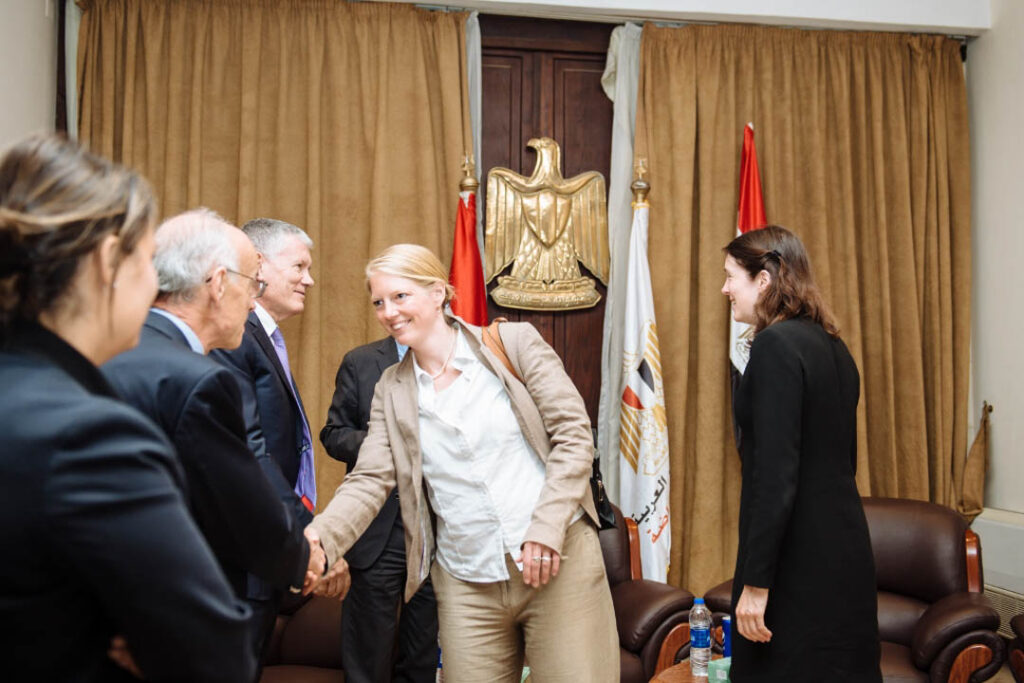
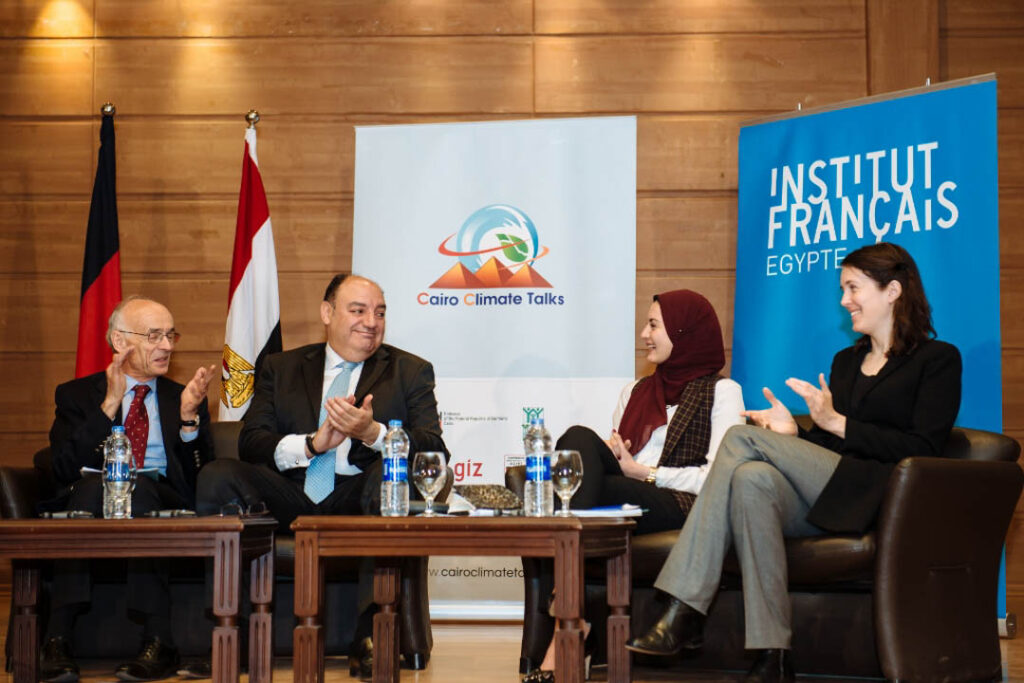
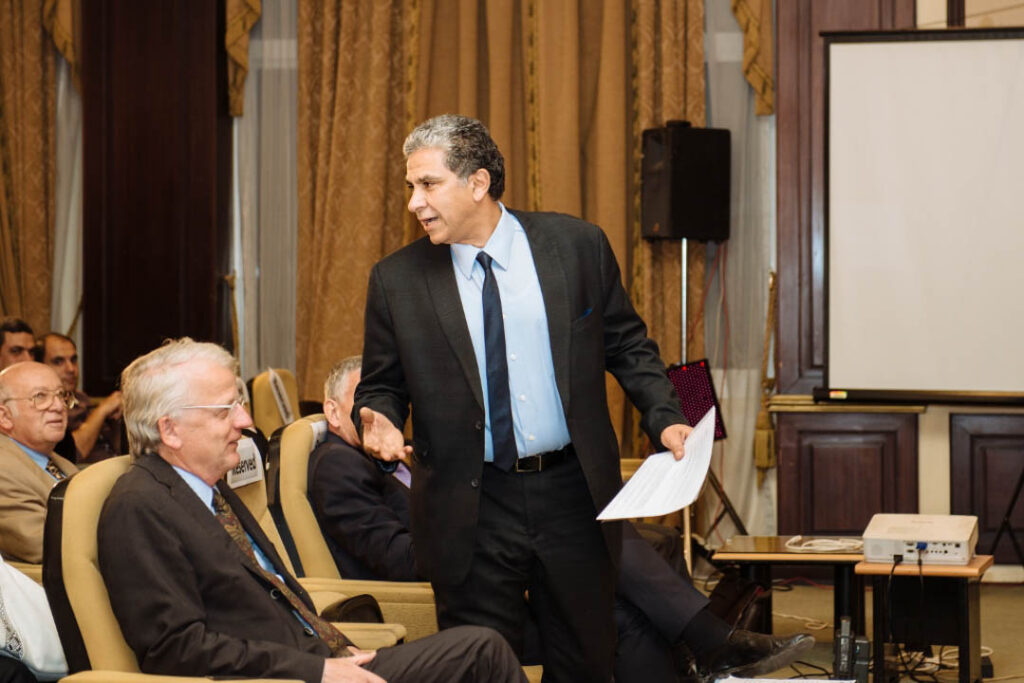
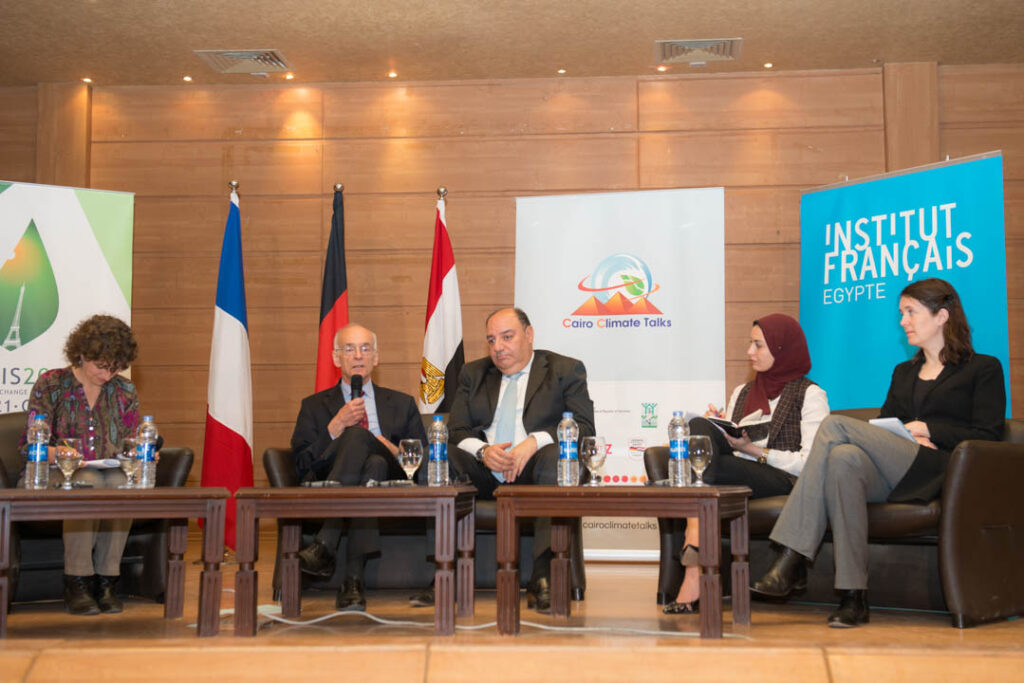
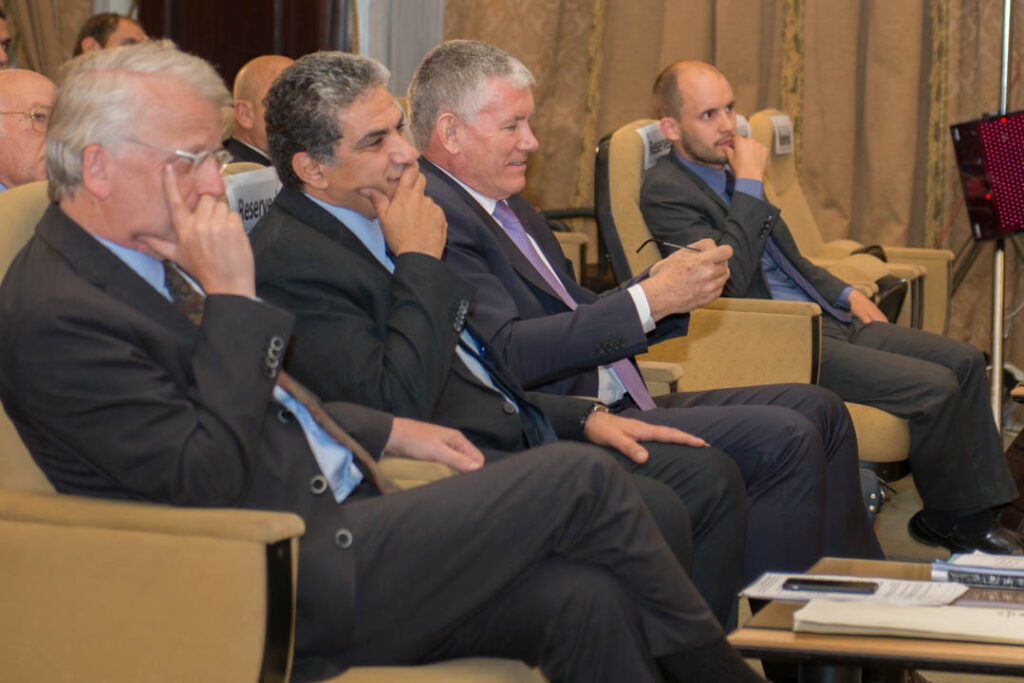
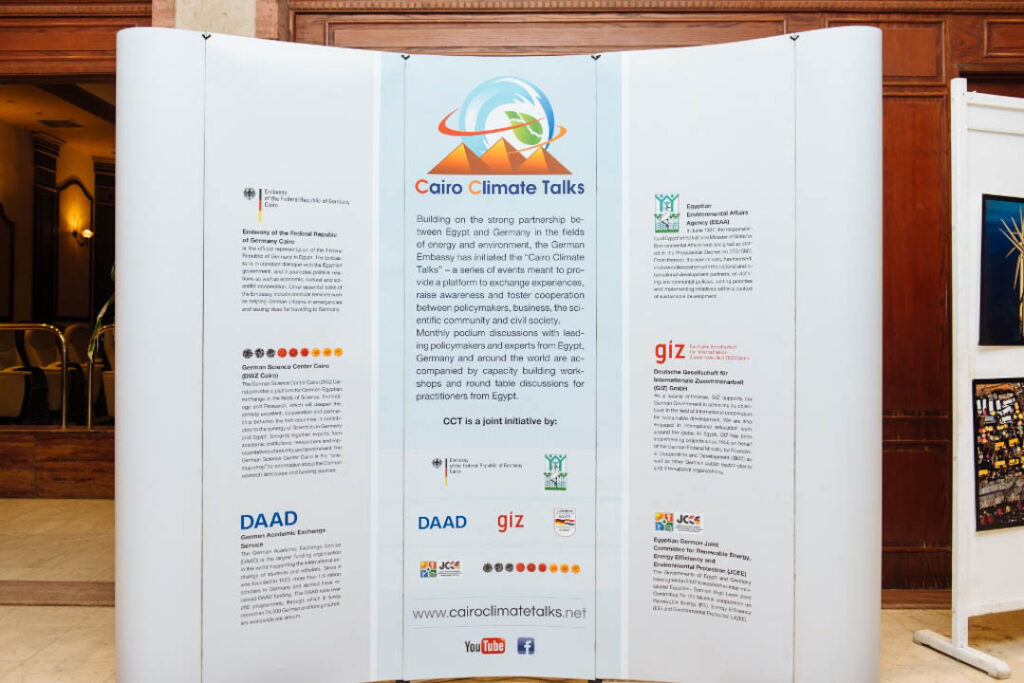
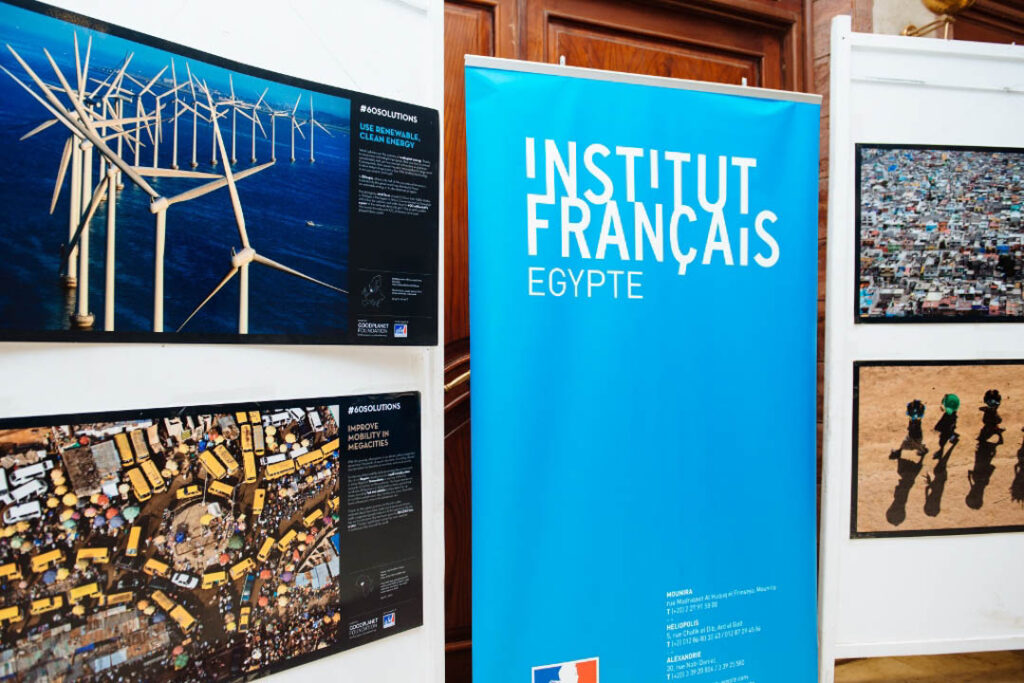
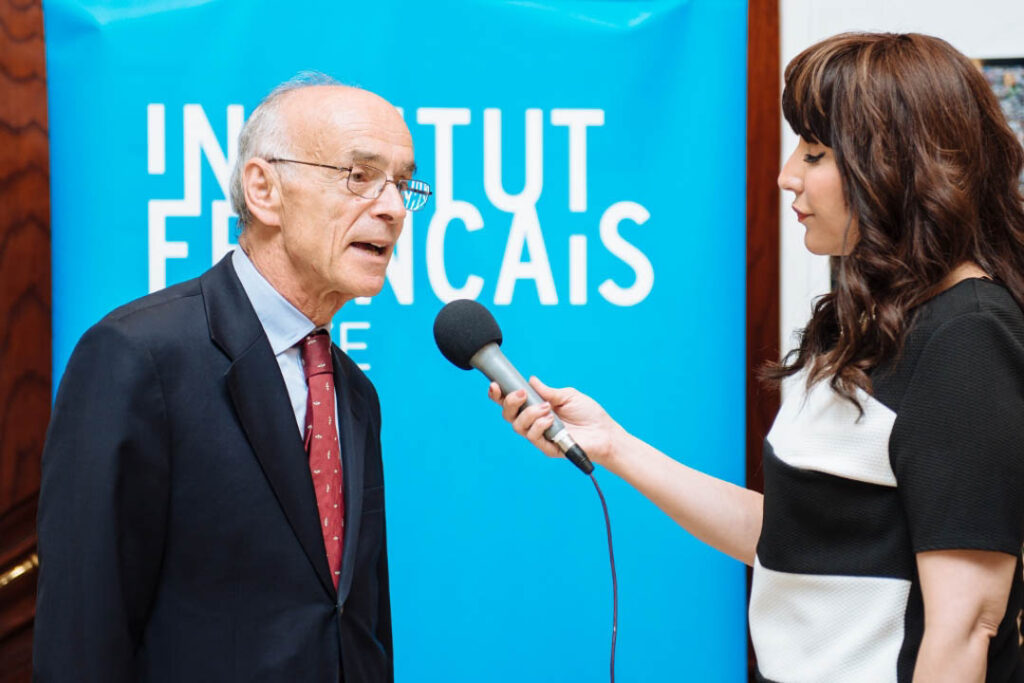
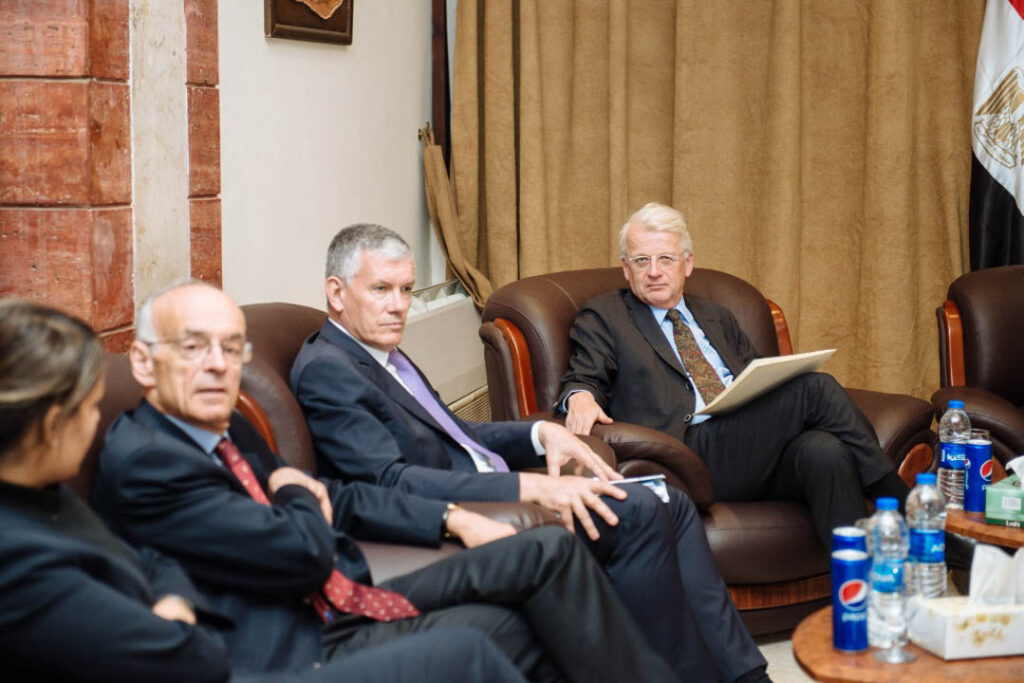
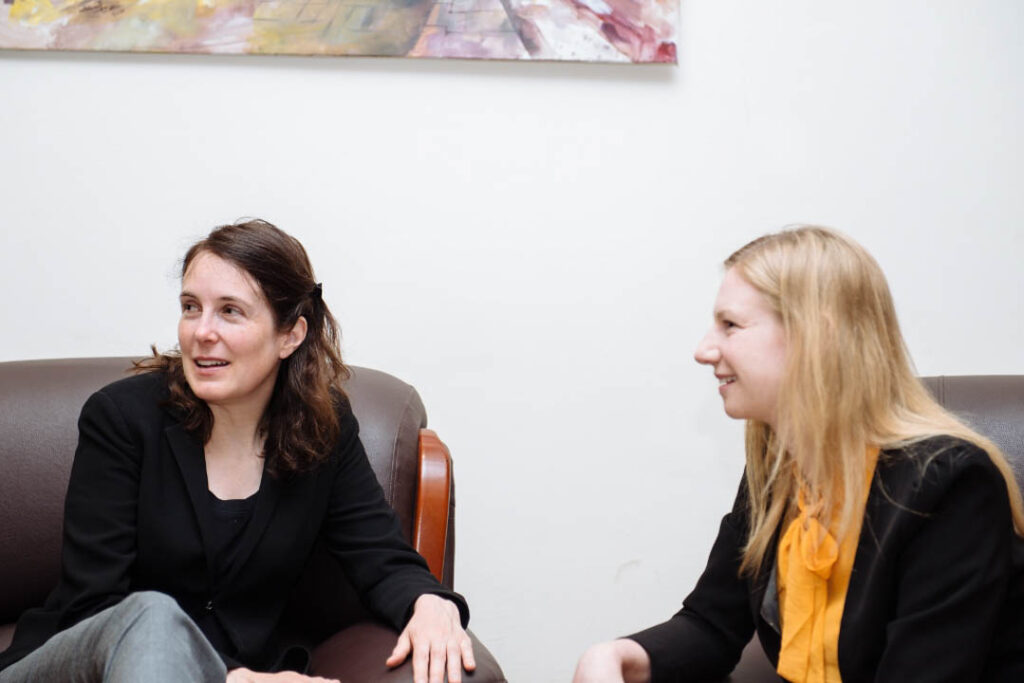
Are you interested? Don’t miss out by registering to our events. We hope to see you there.
